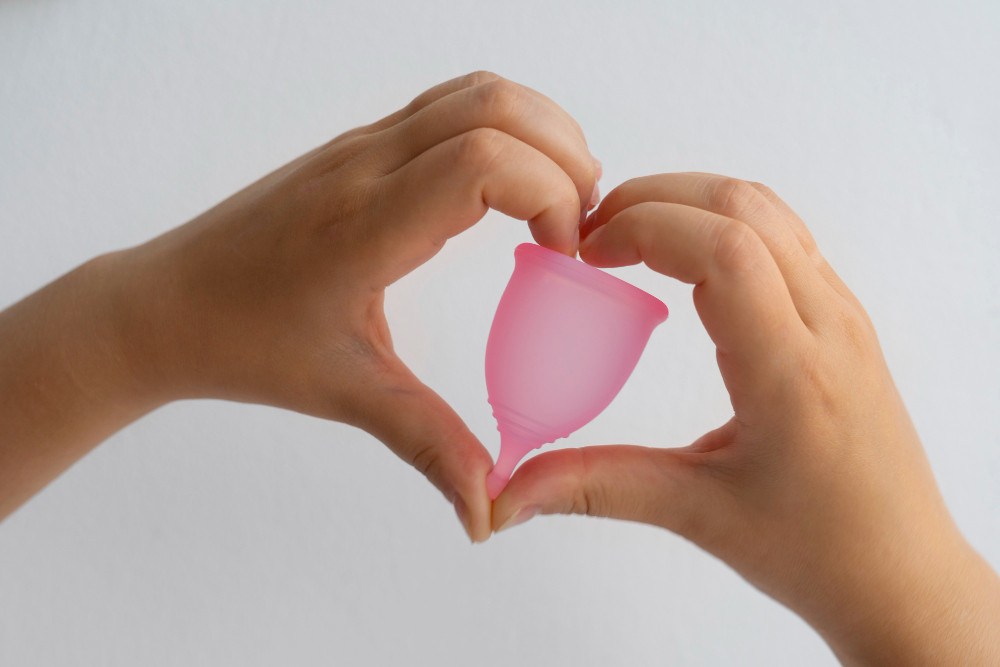Kondisi medis tertentu dapat menyebabkan seorang wanita memiliki tubuh dengan ciri-ciri fisik yang lebih mirip pria. Salah satunya adalah Hiperplasia Adrenal Kongenital (HAK) atau Congenital Adrenal Hyperplasia (CAH).
Apa itu Hiperplasia Adrenal Kongenital (HAK)?
Hiperplasia Adrenal Kongenital (HAK) adalah gangguan genetik yang menyebabkan kelenjar adrenal tidak dapat memproduksi hormon dalam jumlah yang tepat. Kondisi ini dapat menyebabkan berbagai masalah kesehatan.
Dengan HAK, mutasi genetik memengaruhi produksi enzim yang diperlukan untuk sintesis hormon kortisol dan aldosteron. Akibatnya, kelenjar adrenal menghasilkan jumlah hormon androgen yang berlebihan.
Androgen sendiri adalah hormon yang biasanya lebih dominan pada pria. Kelebihan hormon androgen pada wanita dapat menyebabkan perkembangan ciri fisik menjadi mirip pria.
Baca Juga: Mengenal Jenis-Jenis Kelainan Kromosom
Ciri-Ciri Fisik pada Wanita dengan Hiperplasia Adrenal Kongenital
Wanita dengan hiperplasia adrenal kongenital (HAK) sering menunjukkan tanda-tanda fisik yang tidak biasa sejak lahir atau selama masa pertumbuhan. Ciri-ciri fisik tersebut di antaranya:
Genitalia ambigu
Pada beberapa kasus HAK, bayi perempuan mungkin lahir dengan genitalia yang tidak jelas apakah laki-laki atau perempuan. Ini terjadi karena peningkatan hormon androgen memengaruhi perkembangan genitalia eksternal.
Tumbuhnya rambut berlebihan
Wanita dengan HAK mungkin mengalami pertumbuhan rambut yang berlebihan di area wajah, dada, dan punggung. Pola pertumbuhan rambut yang dialami mirip seperti pola pertumbuhan rambut pada pria.
Suara berat
Peningkatan hormon androgen dapat menyebabkan perubahan suara pada wanita. Kadar androgen yang tinggi menyebabkan pita suara menjadi lebih tebal dan kaku, sehingga akan menghasilkan suara yang lebih dalam dan berat.
Massa otot bertambah
Wanita dengan HAK mungkin mengalami peningkatan massa otot dibandingkan dengan wanita pada umumnya. Peningkatan ini terkait dengan kadar androgen yang lebih tinggi.
Kadar androgen yang tinggi dapat merangsang pertumbuhan otot, menyebabkan wanita memiliki massa otot yang lebih besar. Selain itu, distribusi lemak tubuh juga berubah sehingga penumpukan lemak di area tubuh lebih mirip dengan pria yaitu di area perut.
Baca Juga: Punya Banyak Bulu Pertanda Gairah Seksual Tinggi, Mitos atau Fakta?
Menstruasi tidak teratur atau tidak ada
Produksi androgen berlebihan pada HAK juga dapat mengganggu fungsi ovarium dan siklus menstruasi, sehingga menyebabkan menstruasi menjadi tidak teratur atau bahkan tidak ada.
Karena hiperplasia adrenal kongenital adalah kondisi genetik, maka biasanya wanita dengan kondisi ini tidak dapat disembuhkan total. Namun, pengobatan dan perawatan dapat membantu mengendalikan gejala dan meningkatkan kualitas hidup orang yang mengalaminya. Pada beberapa kasus, operasi alat genital mungkin diperlukan untuk memperbaiki genitalia ambigu pada bayi perempuan.
Memiliki pertanyaan lebih lanjut mengenai hiperplasia adrenal kongenital? Anda bisa berkonsultasi dengan dokter kami melalui aplikasi Ai Care yang bisa diunduh di App Store atau Play Store.
Mau tahu informasi seputar penyakit lainnya? Cek di sini, ya!
- dr Nadia Opmalina
Mayo Clinic (2024). Congenital Adrenal Hyperplasia. Available from: https://www.mayoclinic.org/diseases-conditions/congenital-adrenal-hyperplasia/symptoms-causes/syc-20355205
Cleveland Clinic (2022). Congenital Adrenal Hyperplasia. Available from: https://my.clevelandclinic.org/health/diseases/17817-congenital-adrenal-hyperplasia
John Hopkins Medicine. Congenital Adrenal Hyperplasia. Available from: https://www.hopkinsmedicine.org/health/conditions-and-diseases/congenital-adrenal-hyperplasia
Kemenkes (2023). Hyperplasia Adrenal Kongenital. Available from: https://yankes.kemkes.go.id/view_artikel/2955/hyperplasia-adrenal-kongenital
Cleveland Clinic (2022). Aldosterone. Available from: https://my.clevelandclinic.org/health/articles/24158-aldosterone
Rachel Gurevich, RN (2024). Symptoms of High Androgens in Females and How to Treat It. Available from: https://www.verywellhealth.com/androgens-and-pcos-excess-levels-what-it-means-4156771












